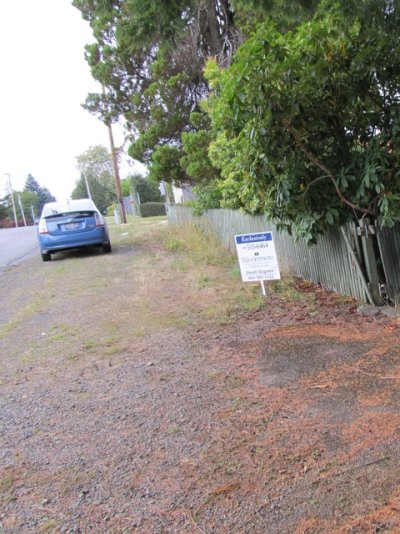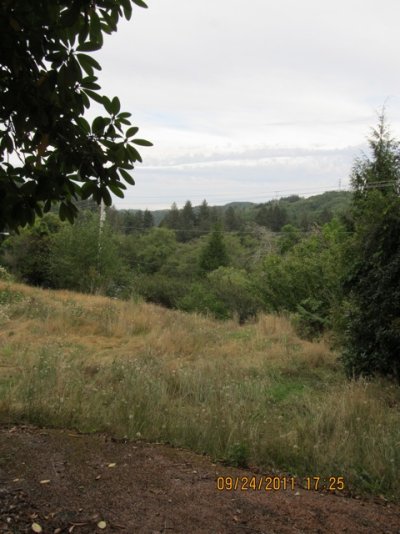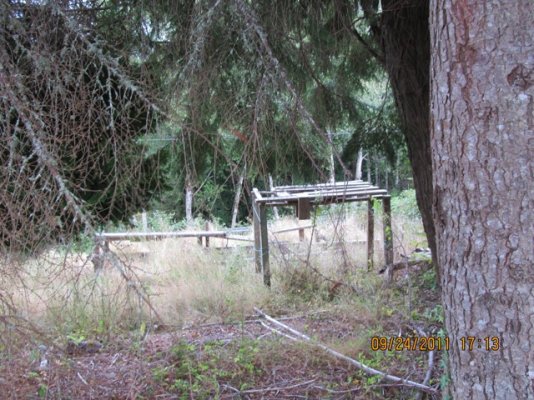kyounge1956
Thinks s/he gets paid by the post
- Joined
- Sep 11, 2008
- Messages
- 2,171
I recently started to look at real estate listings, mostly just to check out what's available in the area I plan to move to after retiring, but one of the properties I found online is looking very promising, and the price is low enough I might be able to buy it even before selling my current house. It's a large city lot that used to have a house on it. The house has been torn down but there is still a garage there. It's gotten past the first couple of screens—not in the floodplain, water, electricity and gas in the street. I'm asking everyone I can think of what else I need to find out. The questions I have come up with so far are:
- Is there a sewer in the street? (listing just says water, gas & electricity in street).
- Which way does the land slope and how steep is it? Does it have good photovoltaic potential?
- Are either of the old foundations in good enough condition to use for a new house?
- What is the zoning? Is anything I want to use the property for against the rules?
- Is the title clear? It's bank owned—could be a foreclosure or a reverse mortgage that reverted to bank on the death of the borrower. (I got this one from another thread at E-R
)
- More detailed utility checks: are there street lights, where is the nearest fire hydrant? Can I get broadband?
- Health & safety: is there a hospital, fire station, police station nearby?
- Convenience: where is the nearest grocery, hardware store, gas station, bank etc?
- Feel of the neighborhood: are the houses well maintained or run-down? Is there graffiti? Rubbishy vacant lots?
- Estimated yearly expenses for the lot as is? That would include property taxes and ?? homeowner's insurance on the garage?



